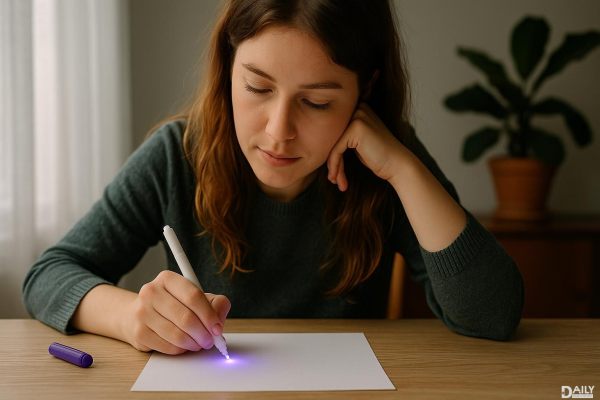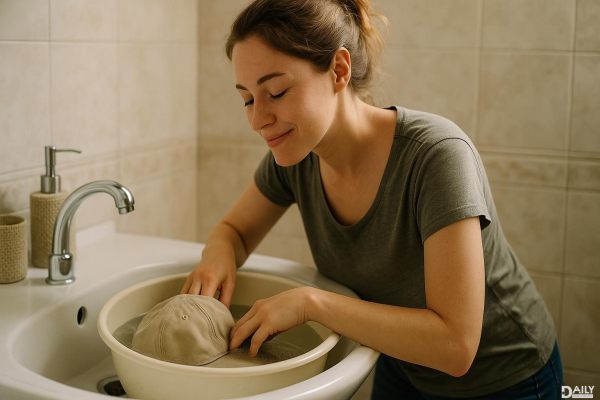If you're struggling to fall asleep, reaching for a glass of wine might seem like a quick fix—but that temporary drowsiness comes with a cost. While alcohol can knock you out initially, it actually sabotages the quality of your sleep, leaving you groggy and unrested the next day. So before you pour that nightcap, let’s break down why alcohol and good sleep just don’t mix.
Why Alcohol Tricks You Into Thinking It Helps
Alcohol is a sedative, which means it slows down your central nervous system, making you feel relaxed and sleepy. That’s why after a drink or two, you might doze off faster than usual. But here’s the catch: sedation isn’t the same as natural sleep. Your brain might be offline, but your body isn’t getting the deep, restorative rest it needs. Instead of smoothly cycling through sleep stages, your system gets thrown out of whack, leading to fragmented, low-quality sleep.
The Sneaky Ways Alcohol Disrupts Your Sleep Cycle
Once the initial sedative effect wears off (usually after a few hours), your body starts metabolizing the alcohol, which triggers a rebound effect. This means your brain becomes more alert, often causing you to wake up in the middle of the night. Even if you don’t fully remember it, you’re likely experiencing micro-awakenings—brief interruptions that prevent you from staying in deep, restorative sleep stages like REM (rapid eye movement) sleep. Missing out on REM sleep is a big deal because that’s when your brain processes emotions, consolidates memories, and recharges for the next day.
How Alcohol Wrecks Your Sleep Architecture
Healthy sleep follows a structured pattern, cycling through light sleep, deep sleep, and REM sleep multiple times a night. Alcohol throws this rhythm off balance by suppressing REM sleep early in the night and then causing a rebound later, leading to uneven, restless sleep. Over time, this disruption can contribute to chronic sleep deprivation, even if you’re technically spending enough hours in bed. The result? Waking up exhausted, foggy-headed, and more prone to mood swings.
The Hidden Side Effects of Relying on Alcohol for Sleep
Beyond messing with your sleep quality, using alcohol as a sleep aid can create a vicious cycle. Since alcohol dehydrates you, you might wake up thirsty or with a headache, making it harder to fall back asleep. It also relaxes your throat muscles, increasing the risk of snoring or sleep apnea—conditions that further degrade sleep quality. And if you make a habit of drinking before bed, your body can develop a tolerance, meaning you’ll need more alcohol to feel the same sedative effect, which only worsens the problem.
Better Alternatives for a Good Night’s Rest
If you’re using alcohol to cope with insomnia, it’s time to explore healthier options. Instead of wine, try winding down with a caffeine-free herbal tea like chamomile or valerian root. Establishing a consistent bedtime routine—dimming lights, reading a book, or doing light stretches—can signal to your brain that it’s time to sleep. If anxiety is keeping you up, mindfulness techniques like deep breathing or meditation can help quiet your mind without the negative side effects of alcohol.
At the end of the day, alcohol might seem like a shortcut to sleep, but it’s really a detour that leaves you more drained in the long run. Prioritizing natural, restful sleep will leave you feeling sharper, happier, and way more energized than any nightcap ever could.
























